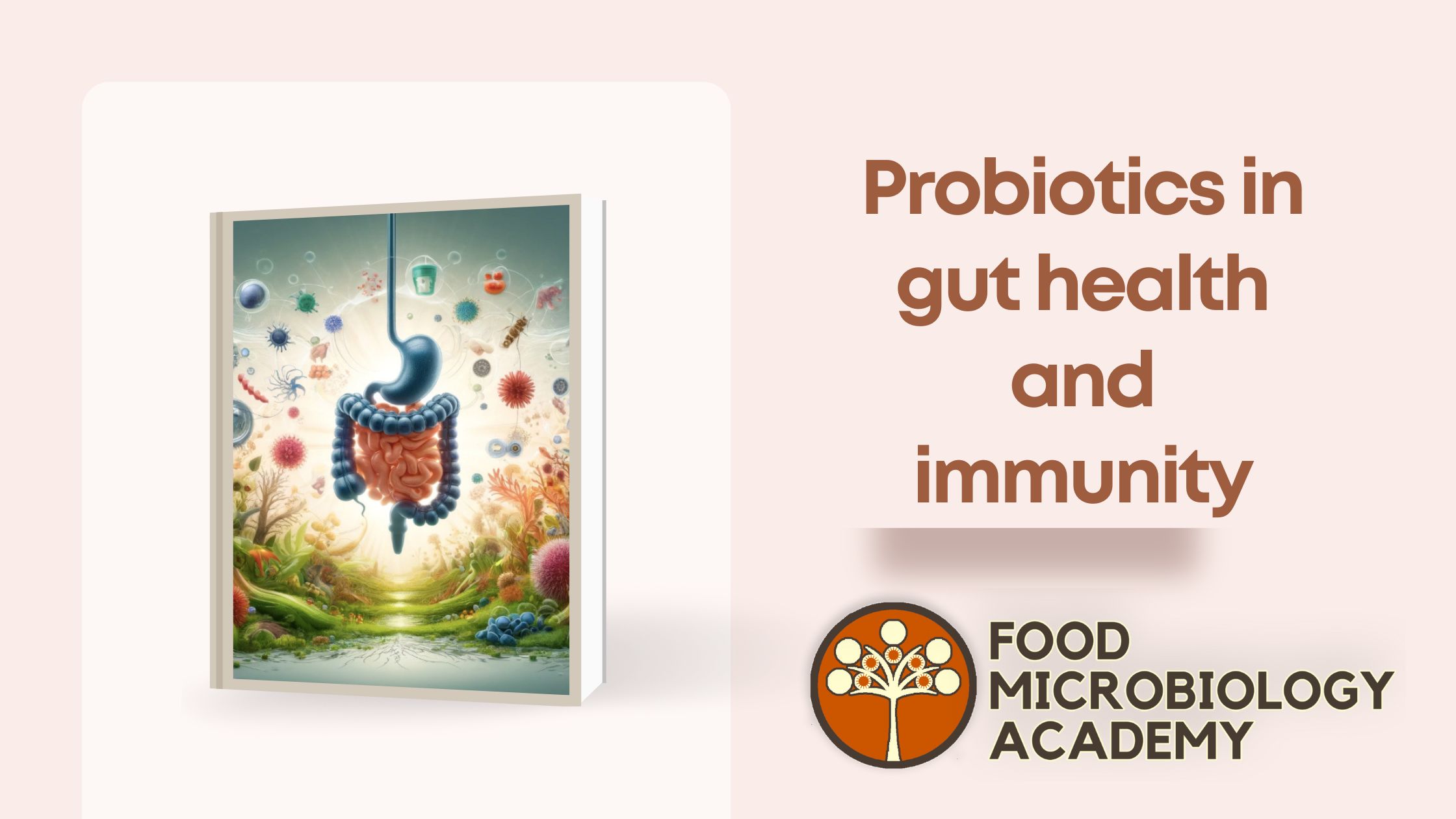What You Need to Know About Probiotics for Women’s Health
For years, probiotics have been endorsed as the gut-friendly heroes of digestion. But for women, their benefits extend far beyond a happy tummy! From hormonal balance to vaginal health, these bacteria play a crucial role in supporting overall well-being. The Female Microbiome Unlike men, women possess a diverse and complex microbiome that are linked to their reproductive and hormonal systems. This balance of bacteria, fungi and viruses influences everything from immunity to mood. Disruptions to this ecosystem, caused by factors like stress, antibiotics, diet, hormonal fluctuation or sexual acitivity, can lead to a cascade of health issues. The Crucial Role of Lactobacilli in Vaginal Health The vaginal microbiome is largely composed of bacteria, with Lactobacillus species being the most common. In healthy women of reproductive age, these species typically make up 70 to 90% of the vaginal microbiota. Key benefical species include L. crispatus, gasseri, iners, jensenii, reuteri, rhamnosus, and fermentum. These bacteria produce lactic acid through glycolysis in extrogen-rich vaginal epithelial cells, maintaing an acidic pH that inhibits harmful microbes. Probiotics aid vaginal health and prevents infections PCOS Managment Fertility Support Digestive Health IBS Relief: Hormonal Balance & Mood Regulation: Choosing the Right Probiotic: With a vast array of probiotic supplements available, selecting the right one can be overwhelming. Here’s what to consider: References






